Football testimonials nowadays seem, at the higher end of the football pyramid, less important to players at least than they were a couple of decade or more ago. For the 2019/20 season, Statista has Celtic’s average first-team salary as £895,000 per annum. Without delving too far into the debate over player remuneration, the necessity for a testimonial for a player’s retirement is arguably not quite what it was before the significant rise in player salaries.
For fans, testimonials provide an opportunity to pay tribute to long-serving players. They’re generally given to players with around ten years of service or more by clubs as a way of financially assisting them for retirement or into the twilight of their career.
Peter Grant’s testimonial on 22 January 1997 came almost 13 years after the Bellshill-born midfielders’ debut for Celtic on 21 April 1984. That debut came at Ibrox in a 1-0 defeat with the midfielder discovering his place in the starting eleven on the morning of the match, as he was returning from Chapel as the story goes.
Now manager at Alloa Athletic, Grant spoke to The Cynic recently about his testimonial and was keen to clarify exactly from the outset who is behind a testimonial.
‘People say Celtic give you a testimonial and I check them for that; it’s the supporters that give you a testimonial, Celtic allow you to use the facilities. The fans turn up on the day, as they always seem to.’
The testimonial match at the recently redeveloped Celtic Park came against Germany’s biggest club, FC Bayern München, but this wasn’t the original plan. Given it was into the 30th year anniversary of the 1967 European Cup Final success over Inter, the Italians had agreed to come over and play in the match to mark the start of that anniversary year. A calendar change from the Italian football federation, however, meant that they were unable to fulfil the fixture.
A testimonial committee including, amongst others, Brian Gilda of Celtic sponsor Peoples, Billy McNeill and Tony Roper were charged with organising the match and surrounding charitable events. They opted to look further afield than British sides, with previous testimonials against Manchester United as recently as 1995. The committee contacted Bayern and were delighted that they were initially receptive and the prospective change would prove ideal for Grant, given his own idea of what the event would look like and the requirements of the Bavarian giants.
Grant revealed that when Bayern were contacted, then manager Giovanni Trappatoni insisted they would only agree to it on the basis that it was treated as a competitive game. ‘It was a coup getting them, and the biggest thing was that Trapattoni insisted that it was competitive.’
‘I told him I won’t be asking ex-players or friends of mine to come along for a game. As much as the team that are fit here at Celtic will play in the game…I didn’t want to belittle the match. People forget that supporters are spending good money to come and watch. I didn’t want the game being stopped for someone running onto the pitch’
In an era in which Celtic’s relevance on the European stage was significantly diminished from that famous side of three decades earlier, fans would have the opportunity to see Trapattoni’s star-studded Bayern side take on Tommy Burns’ Celtic.
Despite Celtic only returning home to Celtic Park and the new North Stand in 1995 with the Lisbon Lions Stand following in the summer of 1996; Bayern were not the first European Cup winners to grace the new stadium. Liverpool, Manchester United, Hamburg and Barcelona had all visited in the short period since returning from Hampden ahead of the Bavarians visit.
Earlier in the 1996/97 season, Hamburg had visited Celtic Park and left with a 2-0 victory in the UEFA Cup. Despite not being the same force that they were in the previous decade, they comfortably won over two legs.
In November 1996, Bobby Robson’s FC Barcelona fulfilled an obligation they had to play five exhibition matches by visiting the East End of Glasgow but left key stars such as Ronaldo, Luis Figo and Hristo Stoichkov in the warmer climes of Catalonia.
Grant recalled having a discussion with then Celtic Chairman Fergus McCann in which he ‘never minced his words’ over the decision to play against the Catalans. The match was played less than two months before the testimonial and he felt it was unreasonable to ask supporters to have to pay for two non-competitive matches on top of their normal Celtic expenditure in such a short space of time. The match went ahead but was somewhat underwhelming with a reported crowd of around 25,000 well below capacity.
By contrast, Grant’s testimonial though was arguably one of the first proper ‘under the lights’ fixtures against a top-class European side in the new stadium. The apathy which pervaded the fixture against Barcelona was nowhere to be found against Bayern. Trapattoni’s starting eleven, as shown below, was littered with the talent which had lit-up the European Championship the previous summer. Six of Bayern’s starting eleven at Celtic Park started the final at Wembley when football was ‘coming home’ from an English perspective only for Germany to win their third crown. Peak schadenfreude; if that expression wasn’t commonly known in English lexicon before Euro 96, it certainly was after.
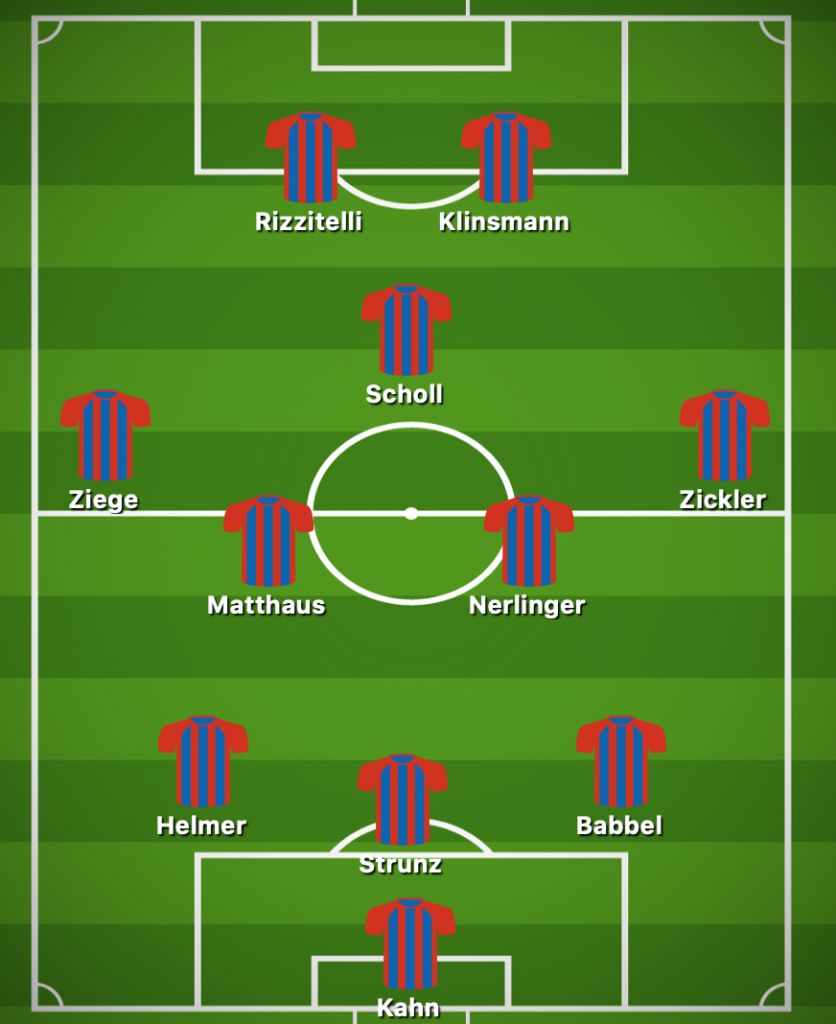
Whilst Bayern were clearly a top European side, winning the UEFA Cup the previous year, they were just starting to return to the level expected. One Bundesliga title in the preceding six years is a barren spell the likes of which are unseen since and indeed unfathomable. From 1997 onwards, Bayern have won 17 of 23 Bundesliga titles available.
Celtic’s starting eleven on the other hand was bereft of a number of the players so closely associated with Tommy Burns’ sides. Tom Boyd, Phil O’Donnell, Jorge Cadete, Paolo Di Canio and Andreas Thom would all miss the occasion.
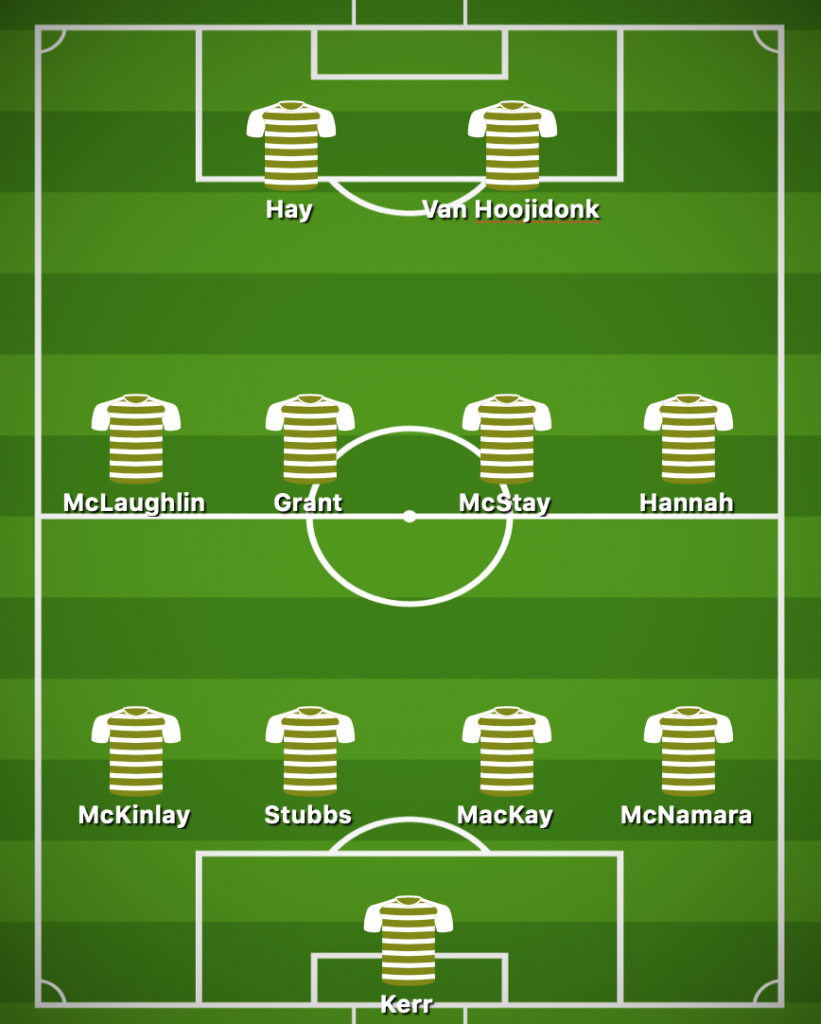
Throughout our discussion, Grant highlights that in advance of the match and particularly in the days ahead of it he was apprehensive. This was based primarily on attendance, given that it is not a match in the normal sense but is ‘on you’ if it doesn’t work out as he puts it. Grant recalls a discussion with his manager and friend, Tommy Burns ahead of the match;
“We were very friendly obviously. He came into the dressing room and said to me ‘Listen, the games been held up’ and well, my heart sank, I’m thinking what’s wrong and he said ‘it’s because they can’t get the crowd in, they are queued round the building.’ I’m thinking, aye, very good and that he’s winding me up.”
The match was delayed with a scheduled 7.30pm kick off according to the match programme, getting underway around 8pm. A crowd of over 40,000 would eventually make it into the stadium after queuing around the old Celtic View office and down onto London Road to buy tickets.
‘Celtic supporters never let you down. Everything about it, the worry and the concern that went with it beforehand was worth it. I don’t know why it surprised me, but it did on the night. I don’t know why because I tell everybody else about the support.’
When it did get underway, Celtic competed well in an entertaining opening against a superior side before finding themselves two goals down. Jürgen Klinsmann, at 32-years-old, still proved to be a lethal finisher in a year in which he finished as Bayern’s top scorer.
Malky Mackay grabbed a goal shortly after Bayern’s second to keep the finale interesting, however, Bayern saw out a 2-1 victory. The competitive nature that Grant had sought and Trappatoni had insisted upon was clearly there with Tosh McKinlay sparking a fracas on the park with four or five other players involved.
Bayern’s manner and attitude was praised by Grant, both on and off the pitch. They acted with grace and professionalism that he admires to this day. The great Gerd Müller had set the tone by visiting Glasgow months ahead of the match for a press conference and that standard was maintained throughout.
It is worth noting that this experience of a top European opponent under the lights at a full Celtic Park was a first for a generation of supporters, including myself. It was one of the first such occasions with a near capacity crowd against a top side under the lights in the redeveloped Celtic Park. It wasn’t to be known on that night, given the recent history, that this would be a harbinger for competitive fixtures over the following decade with UEFA Cup and Champions League fixtures against Europe’s elite becoming the norm.
Those in attendance that night might recall the new environment finding its feet along with spectators finding their voice. Speaking after the match, Jürgen Klinsmann spoke effusively about the experience of playing in front of the crowd of around 45,000;
‘It’s wonderful playing in this atmosphere and it’s a pity we don’t have more real football stadiums like this one at Celtic in Germany. There were 40,000 fans. We would need 100,000 fans to make the noise level that they produced.’
Grant’s testimonial was a moment of reflection, celebration and perhaps a sign of what was to come at Celtic Park in the period after the turn of the Century. For his own part, Grant spoke honestly and passionately whilst retaining the humour expected of someone whose background is so closely intertwined with many of those who paid to attend on the evening.
‘Never in my wildest dreams did I think I would get a testimonial at Celtic…It is something that will go with me to the grave, one of the greatest nights of my life. Very emotional, I look back with great pride and see my name up there with some on the players before who have had a testimonial and its skin pinching stuff.’
Grant is aware that he wasn’t necessarily a fan favourite and was often given a hard time by the support at times, a story generally familiar with homegrown players. However, on this night, he was rightly given his place having served the club faithfully. Grant understood the significance of the night; charting a journey with Celtic which had seen him selling programmes in the Old Jungle at Danny McGrain’s testimonial in 1980 to being honoured at his own 17 years later.
Alongside the match were a number of charitable events including a Valentine’s Ball, a golf day at Dalmahoy and ‘Peter’s Party’ variety show at the King’s Theatre involving a singing cameo from a kilted Paolo Di Canio – all of which for the benefit of the Royal Hospital for Sick Children at Yorkhill.
Grant himself said following the event that he ‘would give all of this away simply to get a Premier League championship medal.’ That medal wouldn’t come again for Grant, it would be the following year for a vastly different Celtic side under new management. Attracting one of Europe’s premier sides on a midweek in January however, was a success and as testimonials or exhibition matches go, this one is up there.

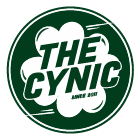
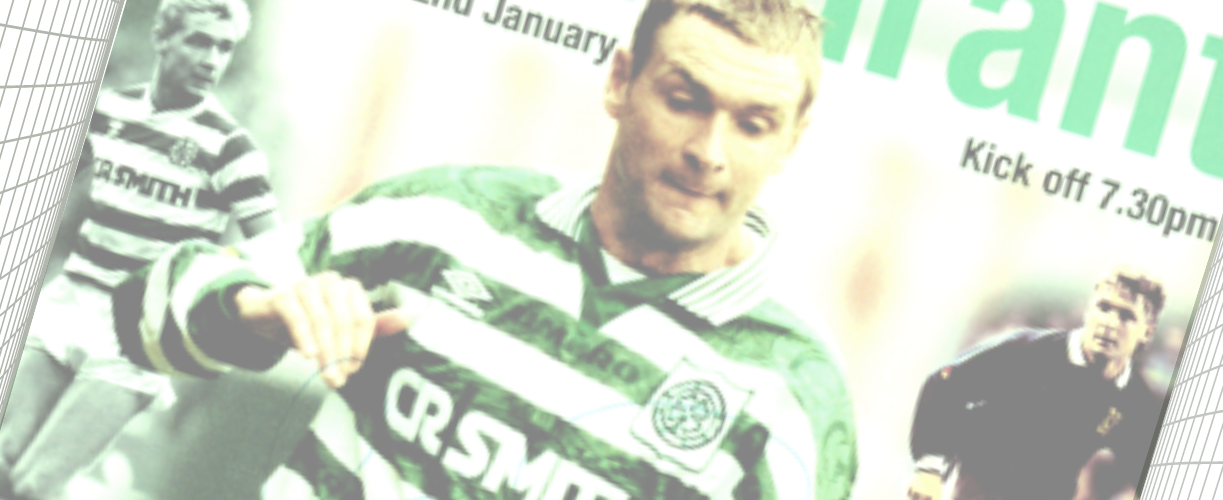
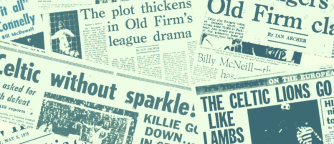

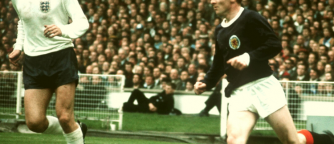
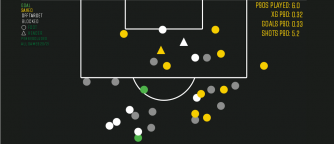
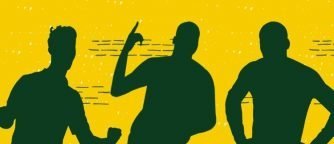
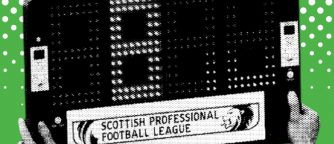
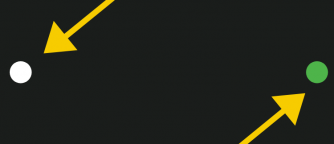

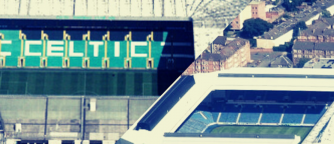
Brilliant read Allan, thanks
Takes me back. I was there and it was an amazing experience.
First time I saw big pière and I remember Peter Grant was set up a few times and missed a few real sitters 😆